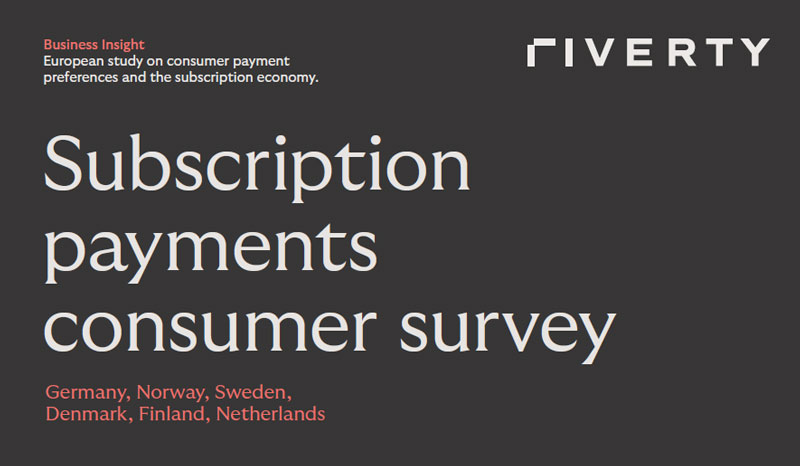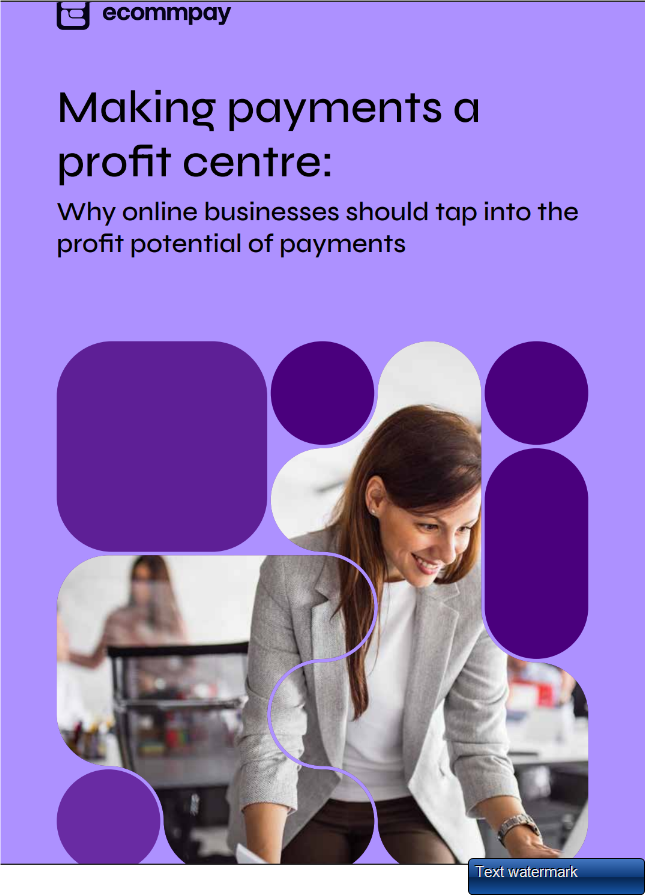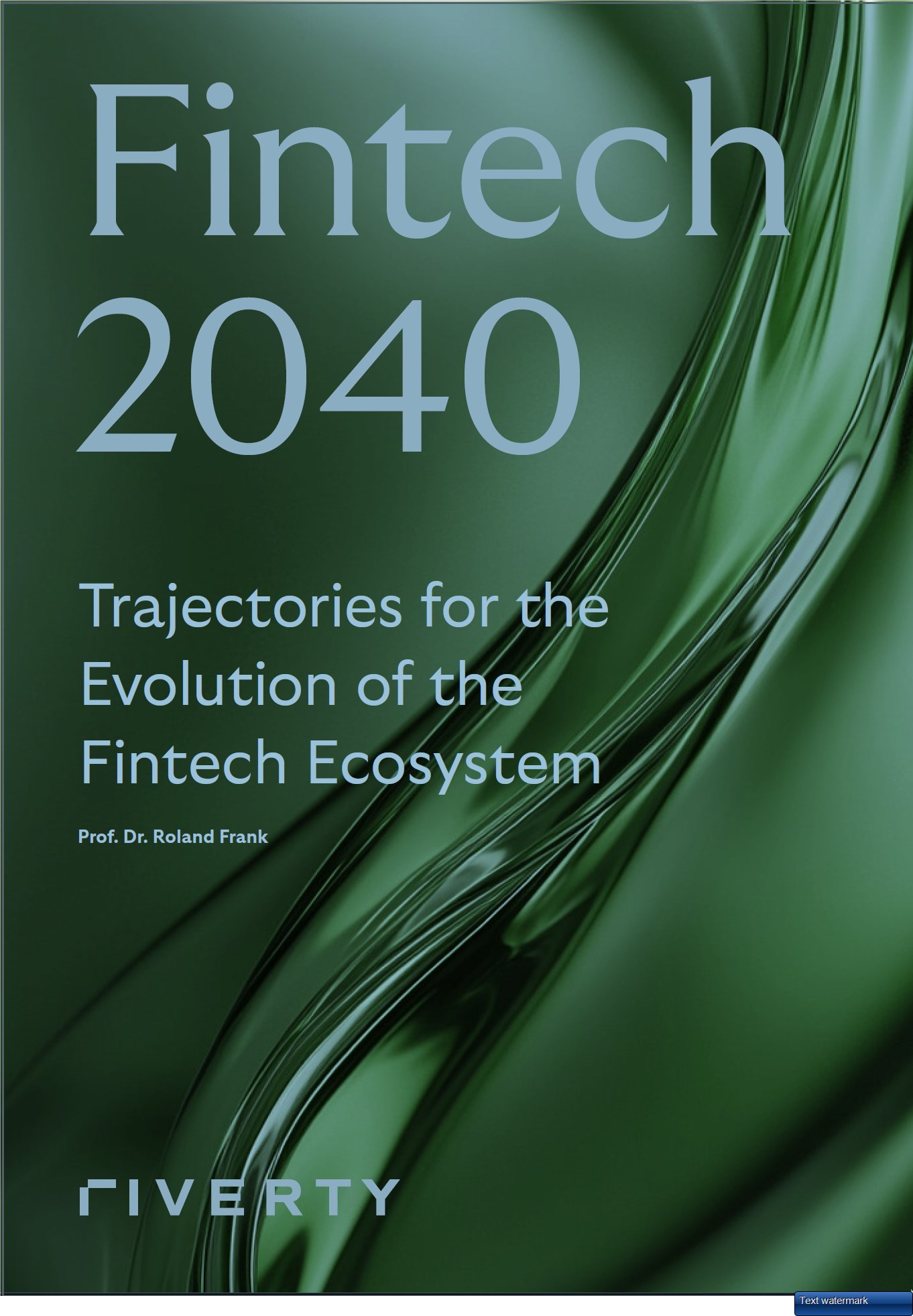Why Merchant and Issuer Collaboration is Key to Optimizing Payments
By Chanan Lavi
Today is Jack’s wedding anniversary, and he wants to surprise his wife with a beautiful bouquet of flowers. He searches online for a local florist, compares customer reviews, picks out the perfect arrangement, and confidently types in his credit card details. But to his dismay, the transaction is declined. He tries again, but receives the same dreaded result. He starts to sweat, thinking of his wife's disappointment, and pulls a backup card out of his wallet. The card is immediately accepted and Jack breathes a sigh of relief. He has no idea why the first card was declined but decides not to risk wasting his time in the future; he’ll use the backup card from now on. The florist also breathes a sigh of relief; if Jack hadn’t had a backup card, the merchant would have lost the sale altogether.
Impact of Payment Declines
The logic is simple. When the merchant or issuing bank’s fraud detection technologies raise a red flag or a card error occurs at the terminal, the customer’s card will be declined. But more often than many would like to think, legitimate card purchases are rejected by mistake, mainly due to data failures in the authentication process or overzealous fraud tools. According to research, approximately 10% of all eCommerce dollars are rejected by fraud detection systems, but up to 70% of these declined orders are from legitimate customers. In general, high levels of declines can lead to payment decline rates as high as 20% or even 30%.
False declines have a negative impact all around. The issuer loses the commission on the purchase from a cardholder who may not choose that specific card again for future purchases. The merchant loses the sale at the final stage after investing in branding, marketing, advertising, and customer service. The customer experiences frustration and embarrassment when told that they can’t complete their desired purchase. That negative customer experience can have a direct impact on customer loyalty. In fact, four in ten consumers say that if a merchant falsely rejects one of their purchases, they will refuse to shop with that merchant again in the future. The cardholder is also more likely to choose a different credit card to avoid repeat embarrassment and frustration – like Jack – causing the issuer to lose its top-of-wallet position—maybe even forever.
Payment Processing 101
Why are there so many false positives? Let’s take a look at the process:
When cardholders like Jack “swipe their card,” it triggers a standard payment authorization process that analyzes the chances of the transaction being fraudulent. This analysis occurs both on the side of the merchant and on the side of the issuing bank. The merchant runs an in-depth analysis of the transaction and consumer behavior, data, and device interaction (such as device fingerprint) to evaluate the likelihood of fraud. Next, issuer banks run their own fraud analysis based on their internal data. But instead of having access to the treasure trove of relevant real-time data available to the merchant, banks are left to rely on limited transactional data and the customer’s purchase history, which don’t always accurately portray the risk assessment of a particular transaction. For example, banks may not have the full financial picture of individual consumers who hold multiple credit cards with different financial institutions. An issuer may flag a card being used for the first time on a merchant website without realizing that the customer has been shopping on that site for years using a different issuer’s card. This limited access to real-time data results in banks taking a risk-conservative approach and red-flagging more transactions than necessary in order to protect themselves from fraudulent transactions and chargebacks.
Real-time communication and data sharing between card issuers and merchants are the keys to approving more legitimate transactions. If merchants could provide additional data to enrich the bank’s payment model to make smarter, more accurate decisions, both merchants and banks would have satisfied and loyal customers.
Need for Collaboration to Bridge the Gap Between Merchants and Issuers
To reduce issuer declines, merchants should strive to engage and collaborate with issuing banks. This includes sharing rich and real-time data when relevant, and even participating commercially in the cost of risk that an issuer would have to assume if they approve a transaction beyond their regular comfort zone.
For example, Kipp’s platform enables issuing banks and merchants to jointly approve legitimate transactions that are currently being declined, typically approving 30-50% of transactions that otherwise would have been declined. The platform automates a rule-based Bid/Ask process that aligns the financial comfort zones of both the issuer and merchant in cases where the issuer is about to decline a transaction. Assuming they can find a mutually acceptable price for the merchant to pay the issuer — usually a few percentage points — the transaction goes through, and the issuer, merchant, and customer are all pleased to have completed the transaction. This entire process is completed instantly and ensures customers like Jack keep swiping.
Opportunity Awaits
According to FIS “Global Payments Report 2023,” consumer use of credit cards remains strong, with spending exceeding $13 trillion across POS and e-commerce channels in 2022. The opportunity is huge, but the lack of shared rich, detailed real-time data results in unnecessary payment declines, causing losses for both merchants and issuers, and frustration for once-loyal cardholders. Enhanced collaboration between merchants and issuers – by sharing data and the cost of risk – can lead to more accurate fraud assessments and increased payment approval rates for legitimate transactions. This partnership ultimately increases revenue, reduces operational costs, maintains customer satisfaction, and ensures cardholder loyalty from customers like Jack.
About Kipp
Kipp is a global fintech company enabling Card issuers banks and Merchants to jointly approve legitimate transactions that are currently being declined. The company's platform optimises the traditional payment model for increased revenue, customer satisfaction, and loyalty. Kipp's founders and team are fintech veterans and payment optimisation professionals. Learn more about Kipp here.















